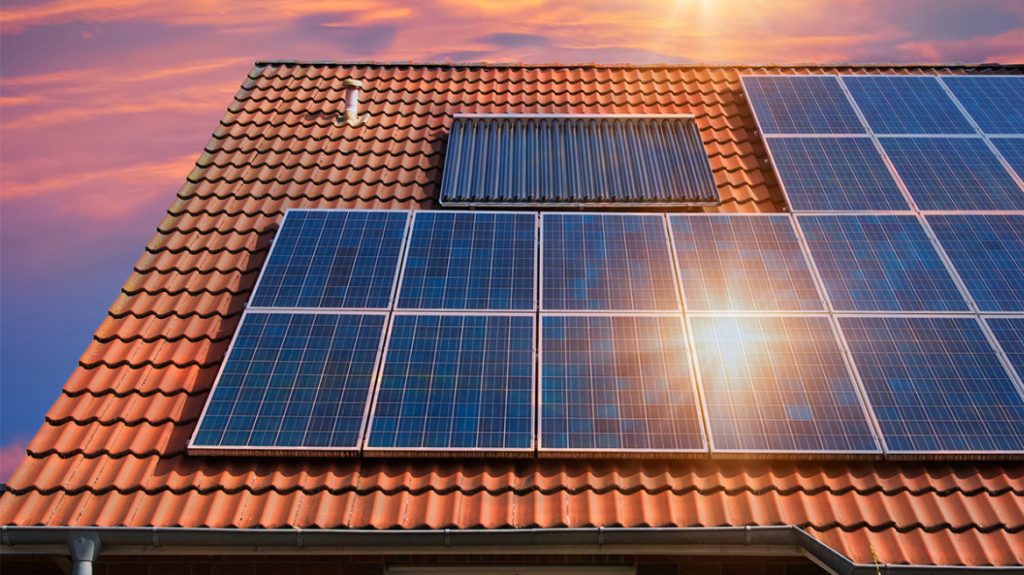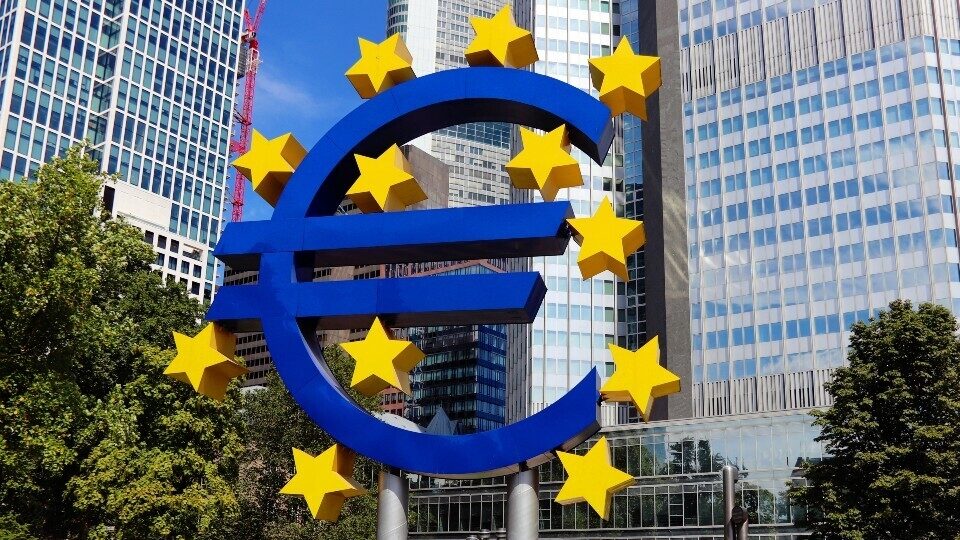
In March, the Ministry of Environment-EPA launches three different subsidy programmes for energy saving. Along with these, there will be an influx of hundreds of millions euros will flow into the market.
The three programmes of the Ministry of Environment
- First, it "unlocks" the ExoEconomy programme by crediting the advances.
- Second, the programme for the installation of solar panels with subsidies is launched.
- Thirdly, in March the programme for photovoltaics on roofs is launched which will have a novelty: The 700 million euros that will finance this programme will be allocated not for the installation of photovoltaic panels but for the installation of batteries.
In fact, as Environment Minister Costas Skrekas clarified, subsidies for the Ministry of Environment's programme on photovoltaics will even reach 100%. So whoever will meet the specific criteria, will pay for the support system but will be fully subsidized for the batteries, thus ensuring both free electricity generation (the sun will do this job) and storage.
What is achieved by storage
- The household can also gain autonomy, i.e. it can continue to be supplied with electricity in the event of a power cut.
- The household can also consume electricity at night that it has generated itself (and stored in the battery) and not consume electricity from the public utility company or other providers.
In this way there is also an economic benefit as the household reduces the burden of so-called non-competitive charges.
For both the photovoltaic and the solar water heater programme, the method used for the switchover programme will be used. That is, income, household members, whether there is a disabled person in the family, etc. will play a role.
Regarding the programme,Save 2021, it is planned to start disbursing the advances. At the same time, the disbursement of loans for those who have applied for financing is also being launched.




